The ZZ plant (Zamioculcas zamiifolia) is known for its near-indestructible nature. With glossy green leaves and thick rhizomes that store water, it thrives on neglect and resists drought better than most houseplants. But as more plant parents explore natural, sustainable care alternatives, one question is gaining popularity:
Can you water a ZZ plant with rice water?
Used in traditional farming and home gardening across Asia and Africa, rice water is rich in nutrients and often promoted as a natural fertiliser. But is it really suitable for tough tropicals like the ZZ plant?
In this article, we’ll break down the pros, cons, and real-world effects of watering your ZZ plant with rice water—backed by DIY plant care tests and expert reasoning.
Also Read- Can You Water a ZZ Plant with Rice Water? DIY Experiments and Root Health Impact
What Is Rice Water?
Rice water is the starchy liquid left after rinsing or boiling rice. It may contain:
- Starch
- Small amounts of phosphorus, potassium, nitrogen
- Amino acids
- Vitamins B1, B3, and B6
- Traces of iron and zinc
There are two primary types of rice water used in plant care:
- Plain rinse water – Water saved from the first or second rinse of uncooked rice
- Boiled rice water – The cloudy liquid left after cooking rice, cooled before use
Also Read- How To Use Eggshells As A Calcium Boost For Your Indoor Plants
Potential Benefits of Using Rice Water on ZZ Plants
Though ZZ plants don't require much feeding, here are the possible advantages of using rice water occasionally:
1. Gentle Nutrient Boost
ZZ plants don’t need much fertiliser, but a light, organic trace nutrient source like rice water can support minor growth during the active season (spring to summer).
2. Microbial Activity in Soil
Rice water can promote beneficial soil bacteria, especially if fermented for a few days. These microbes can help break down organic material and improve root zone health.
3. Cost-Effective and Sustainable
Instead of discarding rice rinse water, reusing it is a simple way to practice zero-waste gardening—ideal for eco-conscious plant parents.
Cautions Before You Pour
Despite its benefits, rice water is not universally plant-safe without care. Here’s what to consider when using it on ZZ plants:
1. Starch Build-Up
Rice water contains carbohydrates. Overuse can lead to soil clogging, especially in poorly-drained pots. This may increase the risk of root rot in ZZ plants.
2. Anaerobic Conditions
If the soil remains damp and heavy due to starch, oxygen flow decreases, and fungal growth or bacteria may harm roots over time.
3. Fermented Rice Water Risks
While fermentation increases microbial content, if done improperly, it may introduce unfriendly bacteria, yeasts, or sour smells into the soil—bad news for sensitive rhizomes.
Also Read- Using Natural Cooling Techniques to Protect ZZ Plants Indoors in Summer
DIY Experiment: How Plant Parents Use Rice Water on ZZ Plants
Based on dozens of online plant community threads and anecdotal experiments (Reddit, Facebook groups, and YouTube tests), here's a summary of how rice water performed on ZZ plants over 1–2 months:
| Treatment Style | Result Summary |
|---|---|
| Weekly rinse water | No visible harm, slight shine on leaves |
| Every 2 weeks (boiled) | Healthy, no extra growth but no stress signs |
| Fermented rice water | Some root browning, mushy smell in 2 users' pots |
| Heavy daily use | Yellowing leaves, moisture stress symptoms |
💡 Conclusion: Light and occasional use = safe. Daily or unmonitored use = risky.
Best Practices for Watering ZZ Plants with Rice Water
Use Fresh, Diluted Rinse Water
Don’t use rice water that's been sitting at room temperature for days unless purposefully fermented. Always dilute cloudy rice water with 1:1 parts plain water before application.
Apply Only Every 3–4 Weeks
Treat rice water like a mild organic feed, not a substitute for regular watering.
Use in Moderation, Not Alongside Other Fertilisers
Don’t mix rice water with chemical fertilisers or other organic brews. Your ZZ plant doesn’t need a cocktail—just a gentle supplement.
Ensure Proper Drainage
Only water if the soil is fully dry and the pot has drainage holes. The ZZ’s thick rhizomes are prone to rot in soggy soil.
Rinse Occasionally with Plain Water
Every couple of months, do a flush with filtered water to clear any starch or residue buildup.
How to Make Safe Rice Water for Plants
Option 1: Quick Rinse Water
- Rinse uncooked white or brown rice twice.
- Collect water from second rinse (less dusty).
- Use immediately after cooling (if warm) or store up to 24 hours.
Option 2: Boiled Rice Water (Diluted)
- Cook rice as normal.
- Save some water from pot (before adding salt or oil).
- Cool completely and dilute 1:2 (one part rice water to two parts plain water).
Option 3: Light Fermentation (Optional)
- Let plain rinse water sit in a sealed jar for 2–3 days.
- Bubbles may form (a sign of fermentation).
- Dilute before use and smell-test before pouring into soil.
Signs That It’s Not Working for Your ZZ Plant
Stop using rice water if you notice:
- Yellowing lower leaves
- Mushy or discoloured rhizomes (if repotting)
- Fungus gnats increase
- Soil smells sour or rotten
These are signs of overwatering, starch overload, or anaerobic bacterial growth.
Final Verdict: Should You Use Rice Water for ZZ Plants?
Yes—but only if used sparingly and with care.
Rice water can be a gentle, effective, and sustainable supplement for your ZZ plants when used once a month or less, in a well-drained pot, and properly diluted.
Avoid it if your plant is already showing signs of overwatering, or if you're unsure about drainage quality. For most plant owners, plain filtered water remains the safest long-term option.
Final Thoughts
Rice water isn’t a miracle fertiliser, but it’s a creative, eco-friendly plant care practice that works particularly well for resilient houseplants like the ZZ. With a little observation and moderation, your ZZ plant can benefit from the occasional rice water boost—offering lush growth, glossy foliage, and zero waste.
In the world of DIY gardening, few things feel better than turning kitchen leftovers into plant power—and the ZZ plant, strong and silent, is the perfect test subject.


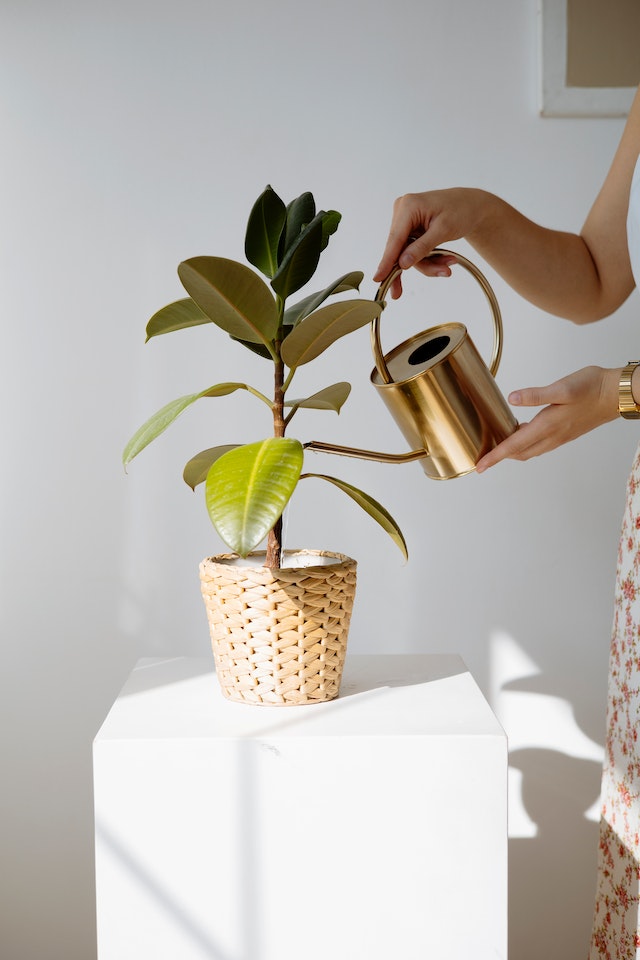



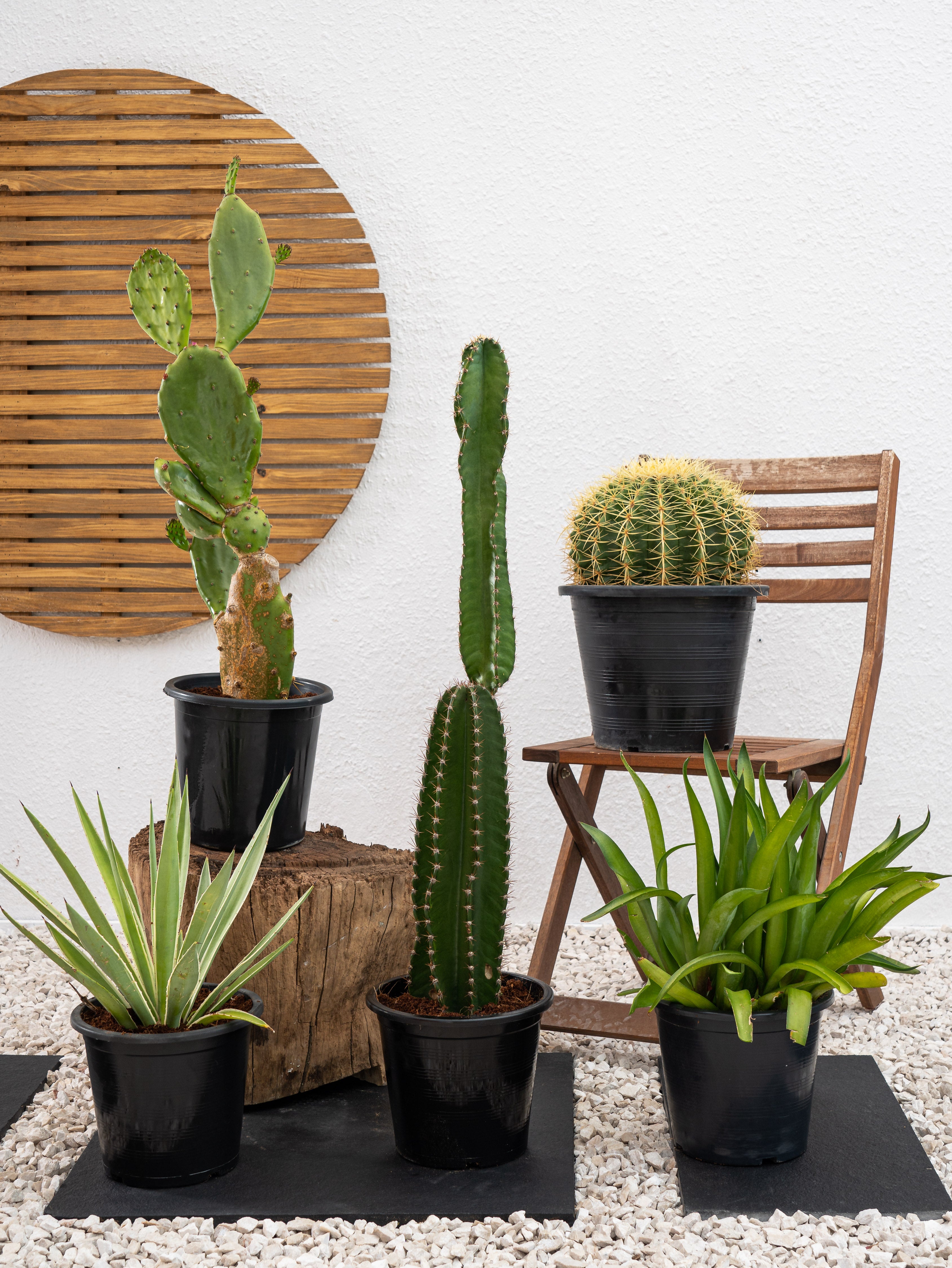
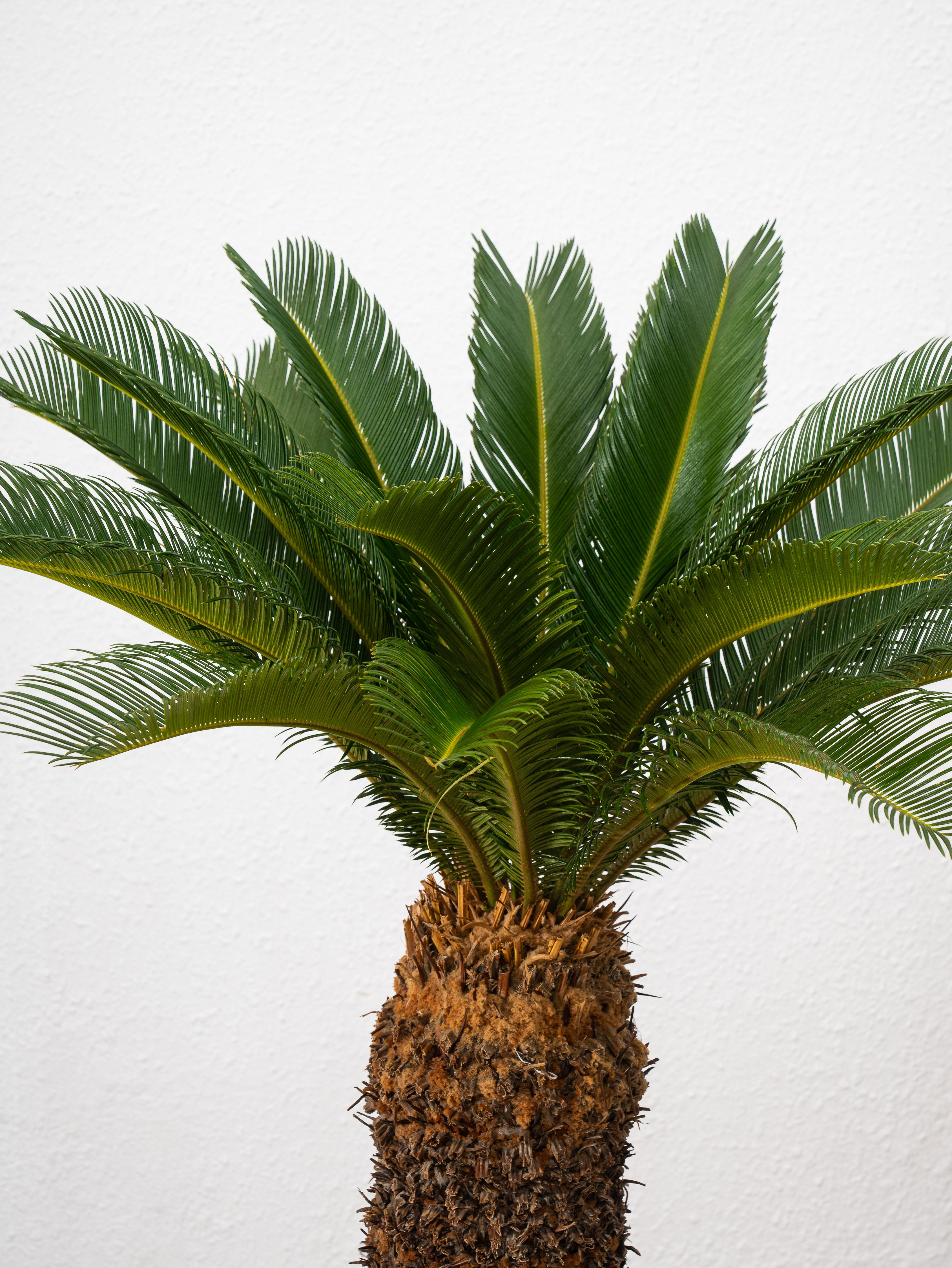
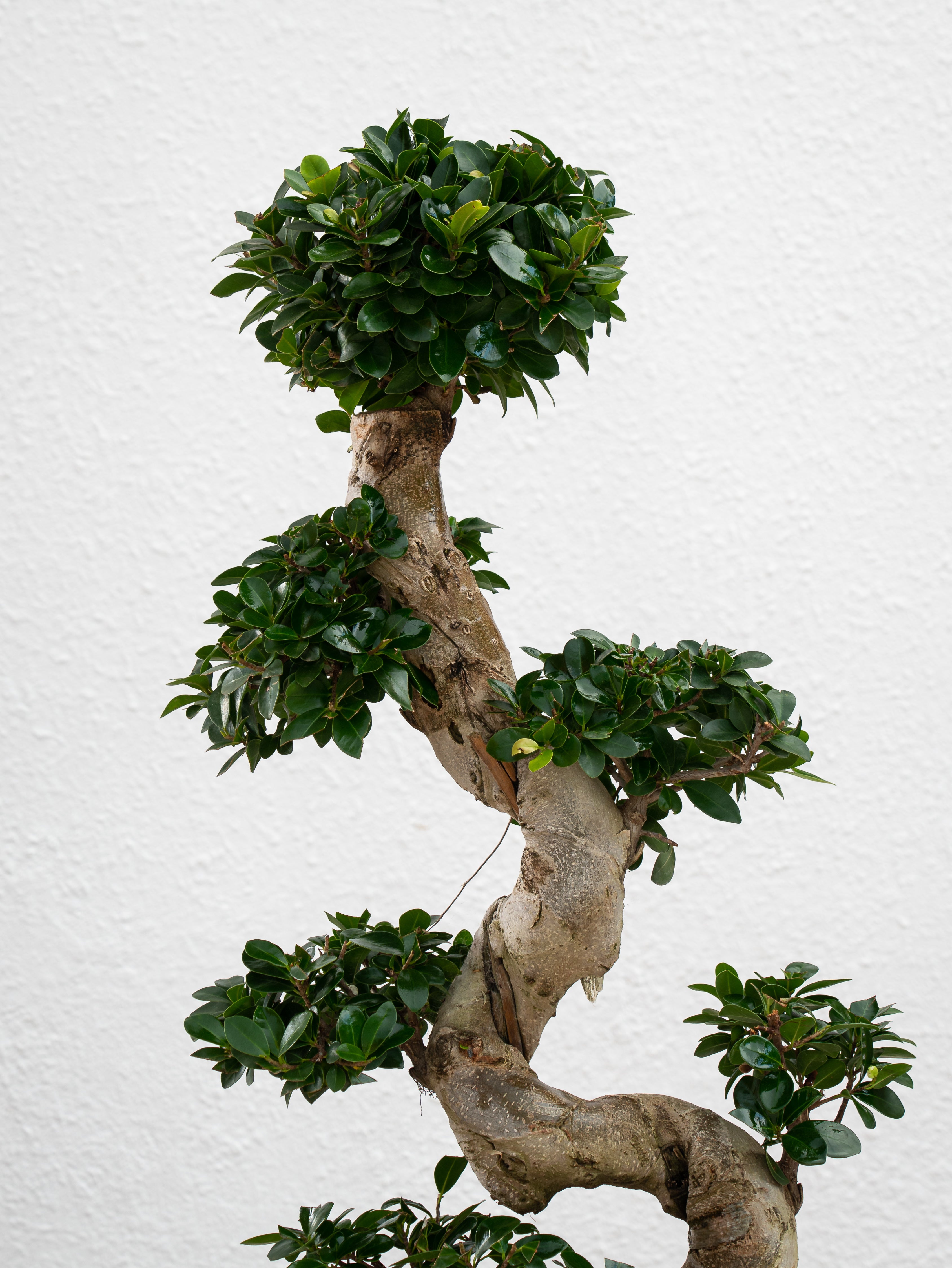
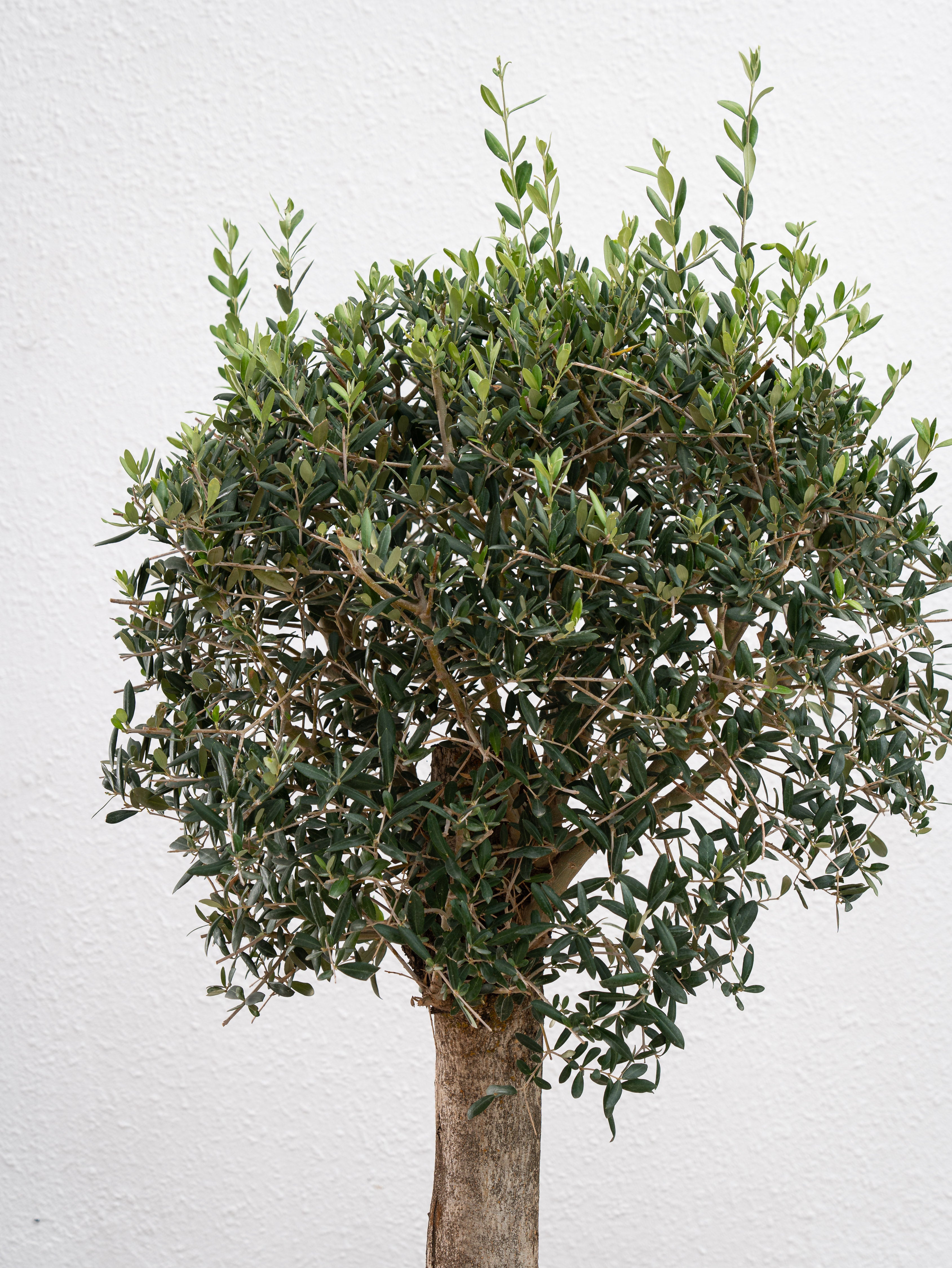

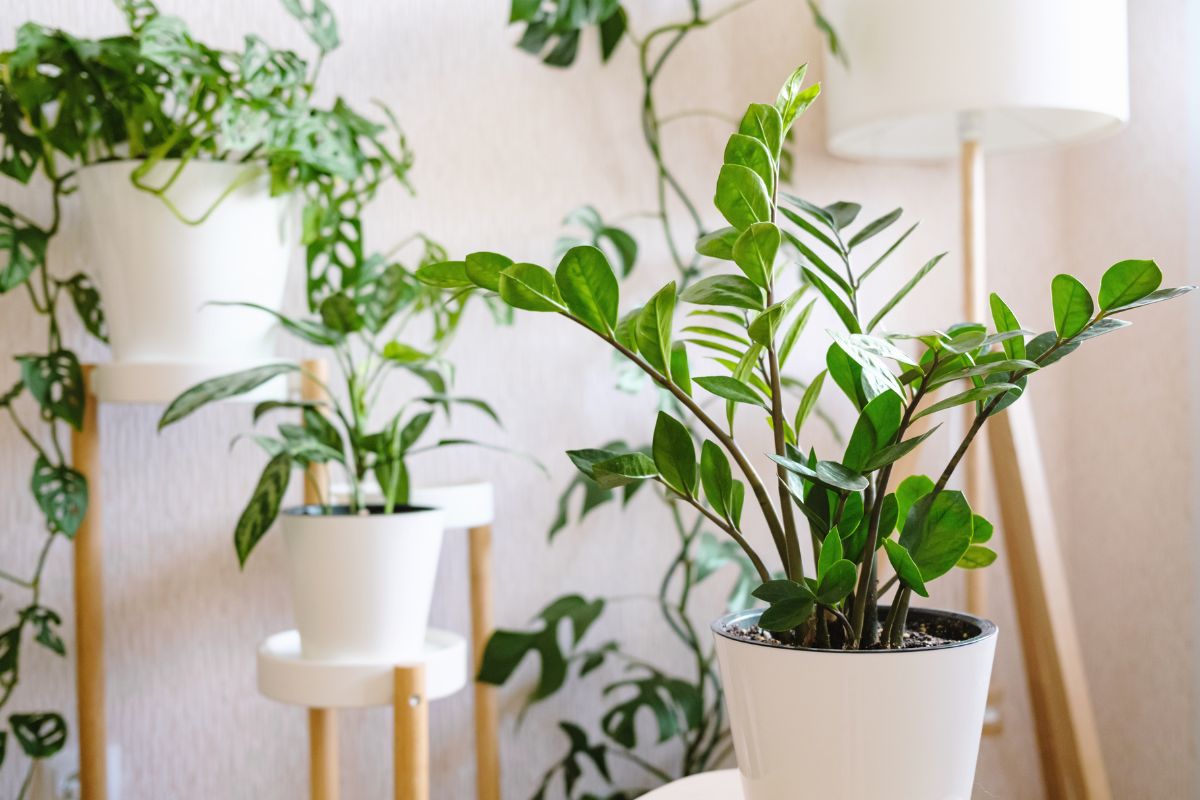

Leave a comment
This site is protected by hCaptcha and the hCaptcha Privacy Policy and Terms of Service apply.